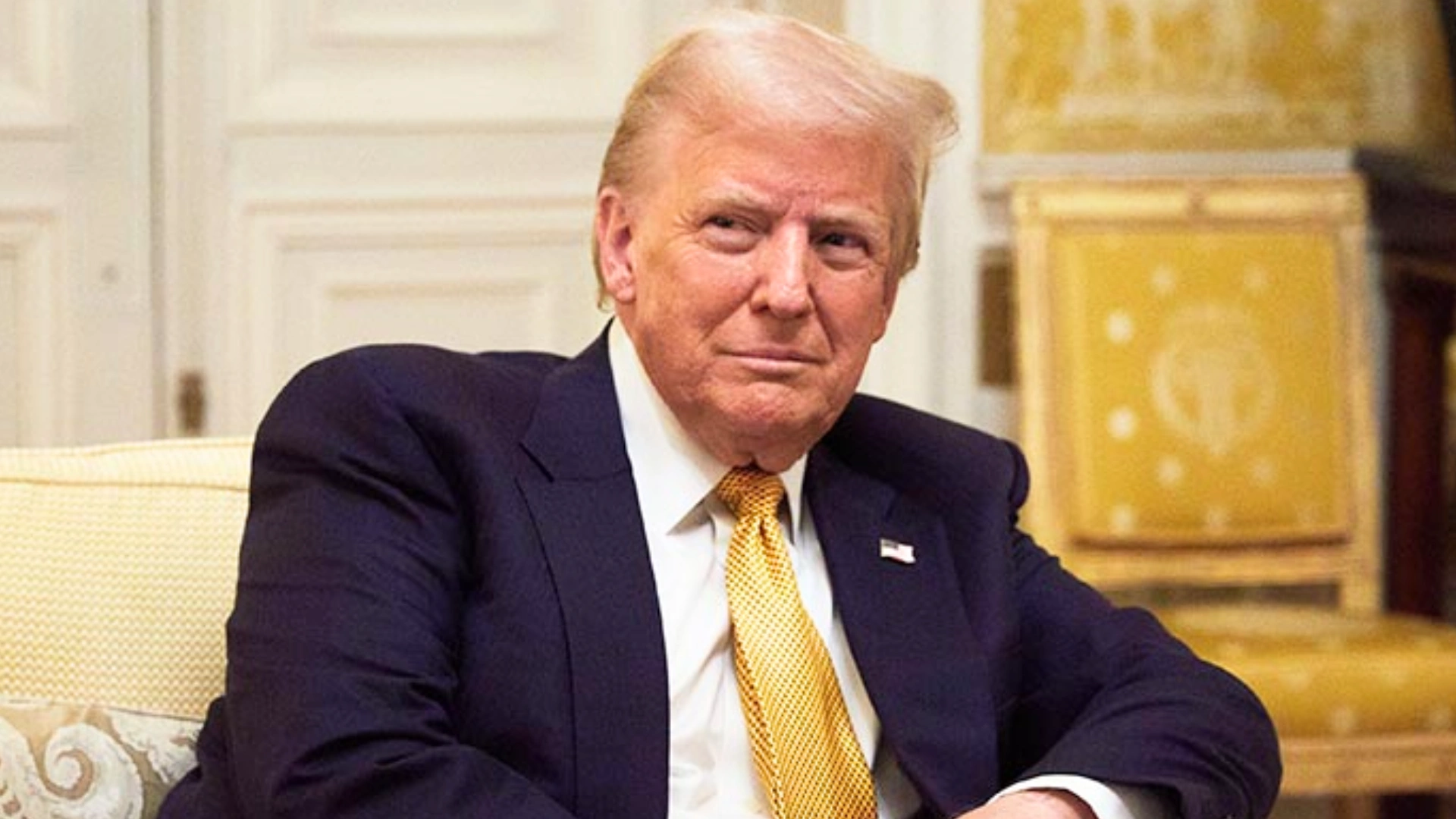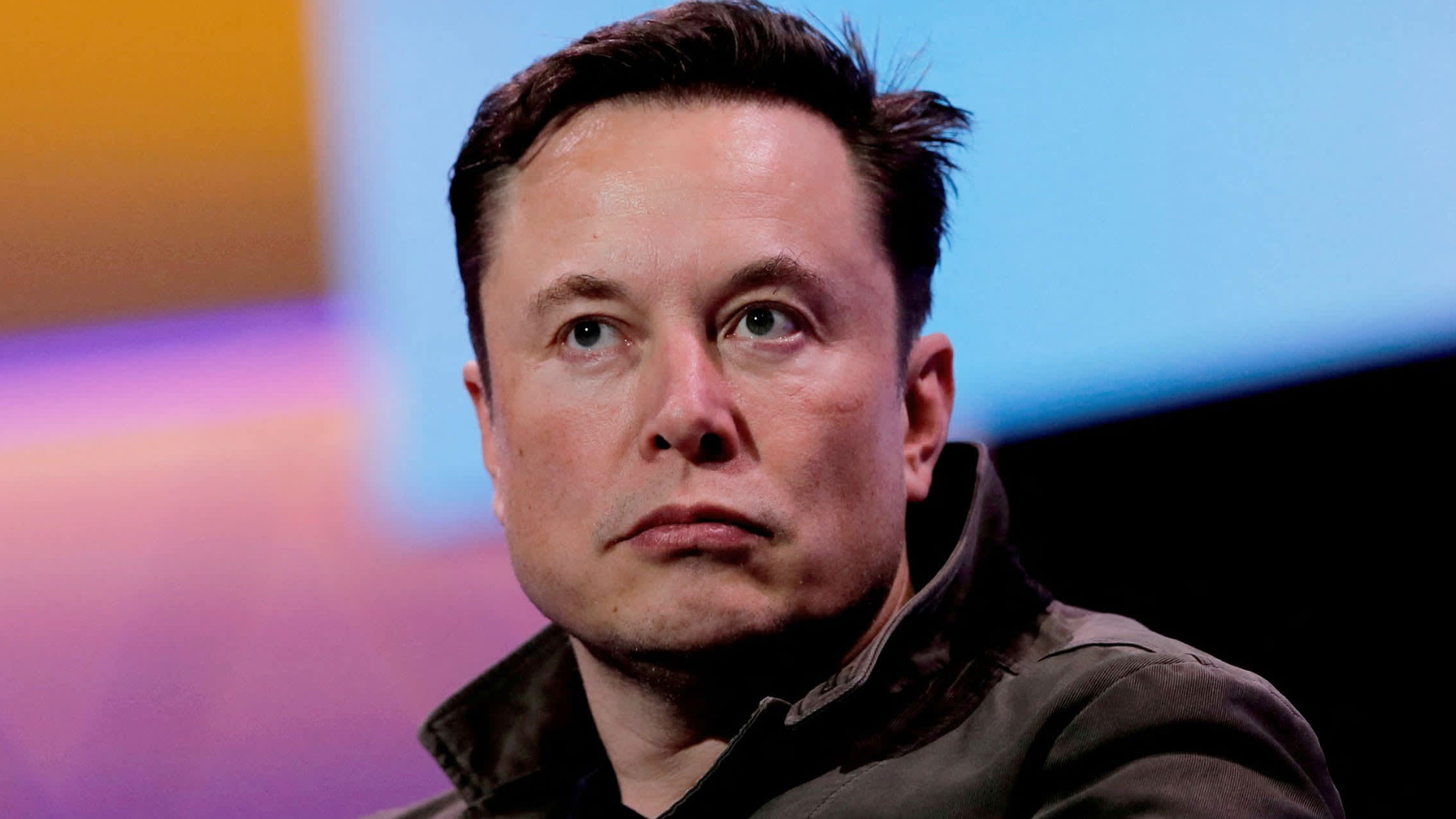World leaders have gathered at the annual United Nations climate summit, COP29, which opened yesterday in Baku, Azerbaijan, with key global leaders notably absent and tough discussions ahead on climate finance, trade, and the looming threat of climate change.
Delegates Focus on $1 Trillion Climate Finance Deal
The COP29 summit will primarily focus on negotiating a large new climate finance target that should support developing countries in facing climate vulnerabilities by up to $1 trillion per year. This is a plan that seeks to replace the previous target of $100 billion following the urgency that has surged due to the global climate crisis.
“Let’s put to rest the notion that climate finance is charity,” said U.N. climate chief Simon Stiell in his address at the meeting. “A new and ambitious climate finance goal is very much in each country’s self-interest, whether the largest or wealthiest.”
Notable Absentees at COP29
Several world leaders are sitting out the summit, including U.S. President Joe Biden and Chinese President Xi Jinping, and European Commission President Ursula von der Leyen. Their absence is ringing aloud skepticism that major powers might not be committed enough to addressing climate change, especially because the global political landscape is shaped by active conflicts and changes in the political configuration.
Competing Global Issues Threaten to Overshadow Climate Agenda
But the summit will have much stiff competition for viewership, as worries about economic troubles and on-going conflicts over Ukraine and Gaza, for example, will compete with the presidential election of Donald Trump, an outspoken climate change denier who has previously called the entire issue of climate change a “hoax” and threatened to pull the U.S. out of the Paris Agreement all over again-a further set-back to international climate progress.
Azerbaijan’s struggle for clean energy through fossil fuels
The host country of COP28 commitments, Azerbaijan, also faces pressure from those commitments to show that the country is in good track to leave the fossil fuel bucket. However, though the nation signed the commitments, it remains highly reliant on revenues from oil and gas, which substantially contributes to the economy.
President Ilham Aliyev has called Azerbaijan’s oil and gas resources a “gift of God,” but he knows he needs to slow down on their use in the future.
China’s drive for trade worries as climate talks kick off
Soon enough, though, as the summit commences, China brings about a new addition to that agenda- discussion on some type of trade restrictions, an update to include carbon border levies levied by European Union slated to take into effect 2026 and a representation of a cunning strategy undertaken by China by striving to shield its trade concerns worldwide owing to regulations of climate and the subsequent impacts.
The Chinese proposal has been supported by the BASIC group (Brazil, India, South Africa, and China), which wants a dialogue on trade barriers relating to climate action.
U.S. Climate Leadership in Question
Although the Biden administration started early climate commitments, promising a deal with the Asian Development Bank that will guarantee loans towards climate action for the first time, questions have arisen concerning the fate of U.S. climate leadership in potential Trump re-election. President Trump’s return to presidency might bring many of those climate initiatives into reverse effect, which would significantly undermine the international efforts on the climate.
Michai Robertson, the Alliance of Small Island States negotiator, expressed alarm over surging right-wing politics, warning: “The ball is back in the court of the developed countries… you all need to get your act together, or we… will suffer because of your negligence.”
Extreme Weather Events Prove the Urgency of Climate Action
Extreme weather is on course to make 2023 the warmest year on record as floods affected Africa and Spain and drought struck South America and the U.S., which suffers with the latter, making the disaster frequency a cause for greater urgency in the summit’s negotiations.
Further, according to Kaveh Guilanpour vice president of the Center for Climate and Energy Solutions, consequences for all nations, including the United States, will worsen unless the world doubles efforts to address climate change.
Role of Azerbaijan in Global Energy and Climate Transition
Azerbaijan has been lobbying for the quicker adoption of clean energy, at the same time also promoting its gas reserves as a transition fuel. The country’s exports of gas to Europe have surged dramatically, for Europe is trying to reduce its dependence on Russian energy in general and amid ongoing geopolitical tensions.
International Criticism of Azerbaijan’s Human Rights Record
Despite its efforts at building itself as a leader at the climate level, there is international criticism of its performance on human rights, which majorly involves the political prisoner and ethnic Armenians case. The government, on the other hand, claimed that such criticisms undermine peace negotiations over Armenia.
(Includes inputs from online sources)
ALSO READ: Taliban Attends UN Climate Talks For The First Time Since 2021 Takeover


















